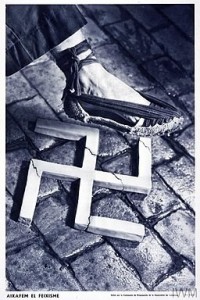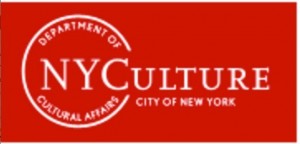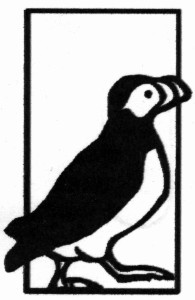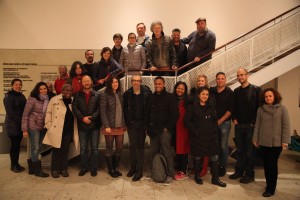Join Us for ALBA’s Annual Election-Day Teachers Workshop!
 The United States and World Fascism: Human Rights from the Spanish Civil War to Nuremberg and Beyond is the title of ALBA’s professional-development program for high school teachers in Social Studies, Spanish, Art, and Language Arts. Join us this Tuesday, November 6 at NYU’s King Juan Carlos I of Spain Center (53 Washington Square South, New York City).
The United States and World Fascism: Human Rights from the Spanish Civil War to Nuremberg and Beyond is the title of ALBA’s professional-development program for high school teachers in Social Studies, Spanish, Art, and Language Arts. Join us this Tuesday, November 6 at NYU’s King Juan Carlos I of Spain Center (53 Washington Square South, New York City).
Enrollment & Contact Info
Tel: 212-674-5398; Email: info@alba-valb.org
ALBA Teaching Institutes educate high school teachers of social studies, Spanish, art, and language arts on the use of primary documents and multimedia resources to convey the lessons learned from the American volunteers in the Spanish Civil War– progressivism, activism and human rights–and connect these lessons to the present.
What is fascism? Where did it come from? How does it impact human rights? How did ideology shape the Spanish Civil War and WWII? What legacies did they pass on in the decades since–in Spain, the U.S., Europe, and globally?
Examine the history of world fascism from its peak in the Spanish Civil War (1936-1939) and WWII in Europe (1939-1945) through the Nuremberg Trials (1945-1946) to today. Study and discuss the impact of fascist thought and action on human rights through that decade of war, to the Universal Declaration of Human Rights and the post-WWII era, with effects that reach into neo-Nazi, White Supremacist, and other present-day far-right movements in Europe, America, and around the globe.
Participants will:
- Delve into a compelling mix of primary sources: letters, propaganda posters, photographs, film, literature, and including trial documents and laws
- Experience hands-on, inquiry-based activities to engage students with this powerful political and philosophical subject
- Utilize practical tools to facilitate classroom discussion and student analysis of controversial topics and of bias
- Trace links throughout U.S. and World History, Civics and Government, with a particular focus on Spanish language and culture (around the Spanish Civil War and its aftermath)
- Create standards-aligned activities to engage students with this unique and compelling era and its enormous impact
- Learn powerful strategies to teach content and literacy
- Have students engage with essential questions: Why should we care about events that happen far away or that happened a long time ago? How do we decide who is on the right side of an armed conflict? When do we stand up for what we believe in? What are our obligations in the face of injustice? How do we resolve competing loyalties? When is it right, or necessary, for a powerful country like the US to intervene in a conflict going on elsewhere?
Teaching the Spanish Civil War brings a fresh outlook to subjects that are already in the existing curricula: the origins of World War II, totalitarian threats to democracy, U.S. isolationism vs. internationalism, and the unexpected consequences that led to the Cold War, anti-communist campaigns, and the acceptance of General Franco’s dictatorship as part of the western alliance in the postwar era. Participants not only learn about a major historical event but also to think, write, and talk about political, moral, and cultural questions that are as relevant today as they were 80 years ago. Teachers of English and Spanish literature can find a wealth of sources in the writings of Hemingway, Lorca, Neruda, and many other less famous writers. The Spanish Civil War also illuminates issues of human rights. Picasso’s Guernica symbolizes a form of terror tactics that democratic people abhorred, even before air attacks on civilians became common practice in World War II and subsequent wars.
Faculty: Peter N. Carroll (Stanford U); María Hernández Ojeda (Hunter C/CUNY); Sebastiaan Faber (Oberlin C)
Participating in this workshop qualifies you to partake in a three-session workshop we will hold in the Spring of 2019. Each teacher who completes all four sessions will be awarded a $500 stipend.
“Teachers become invigorated by these workshops and the materials presented in them. […] And you can see at the end of the day how they are excited about finding ways of introducing their students to this material.” –Educator from Bergen County, New Jersey, 25+ years of teaching experience.
 Supported in part by the Puffin Foundation and by public funds from the NYC Department of Cultural Affairs in partnership with the City Council.
Supported in part by the Puffin Foundation and by public funds from the NYC Department of Cultural Affairs in partnership with the City Council.
Enrollment & Contact Info
Tel: 212-674-5398
Email: info@alba-valb.org Website: www.alba-valb.org













